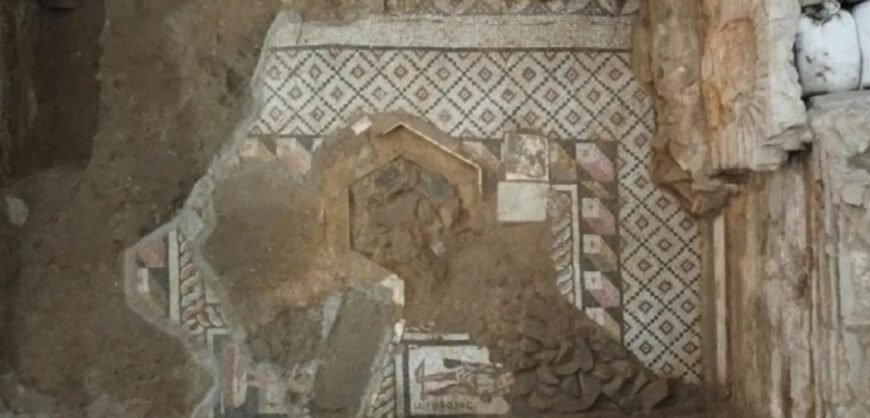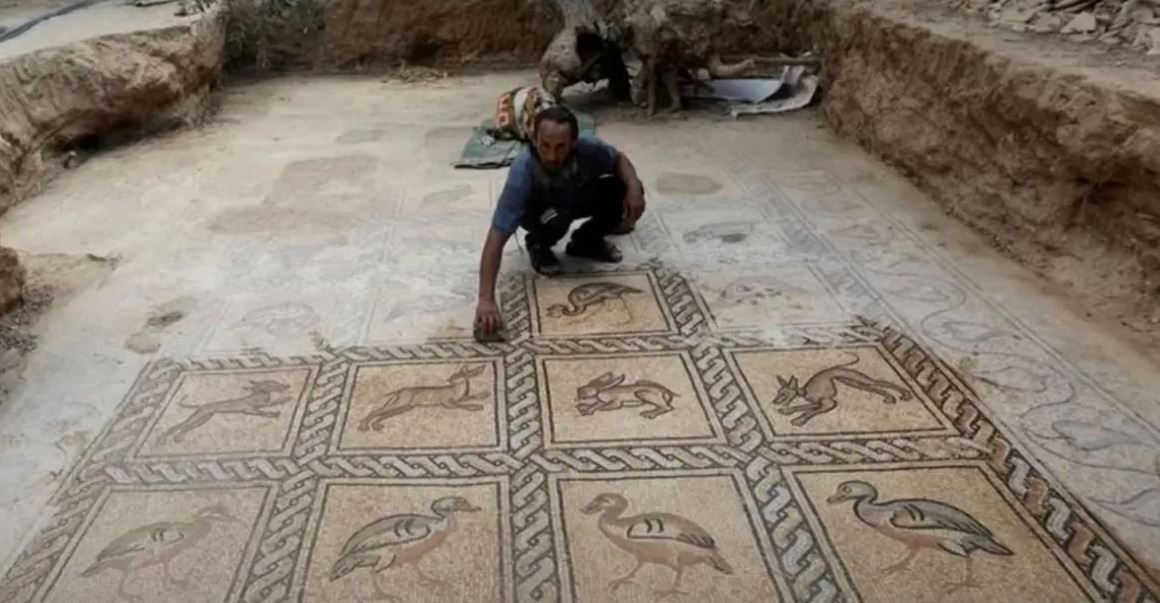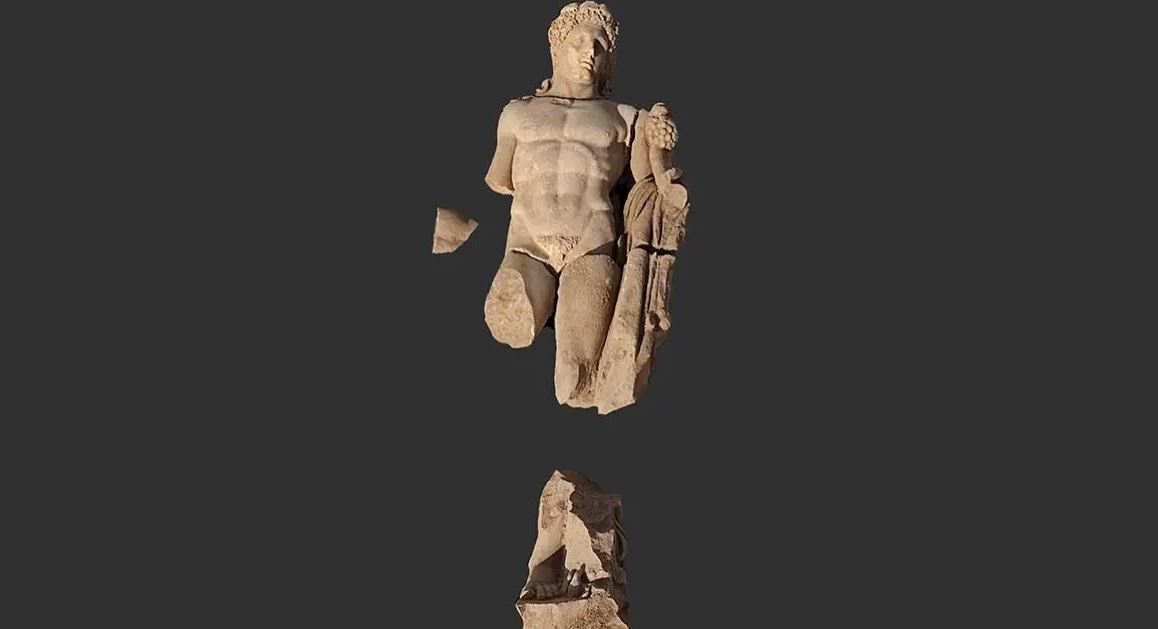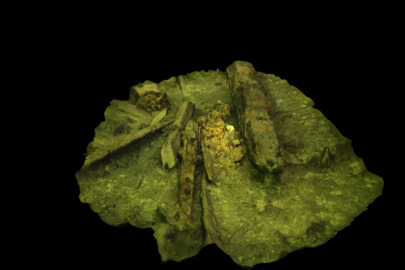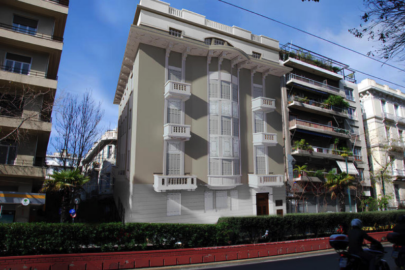Antiquities from the Proto-Byzantine to the Middle-Byzantine eras (4th-11th centuries AD) were unearthed during excavations at the southern access of the Thessaloniki station, the Venizelos station of the Thessaloniki metro.
According to a report from Voria.gr, the finds were discovered at the southern access of the Thessaloniki station, while in the south-eastern well, architectural remains were found that date back to the 6th AD century and until the Byzantine years.
Specifically, during the research at the southern access of the Venizelos station, architectural elements from brick buildings dating from the 4th to the 7th century were found.
also read
Granddaughter of famous Greek journalist had female to male sex reassignment surgery (video)
The buildings are an extension of the public bath, which came to light in the shell of the main station and probably formed the reception area and the changing rooms, while in the same area a brick-built base with a vertical gutter was also found.
These findings, along with what has been revealed in the station shell, constitute a palimpsest (a manuscript page) with evidence of the social and economic life of the city spanning over 7 centuries.
The conservation or not of the new ancient remains will be discussed today (28.09.2022) at noon during the meeting of the Central Archaeological Council.

